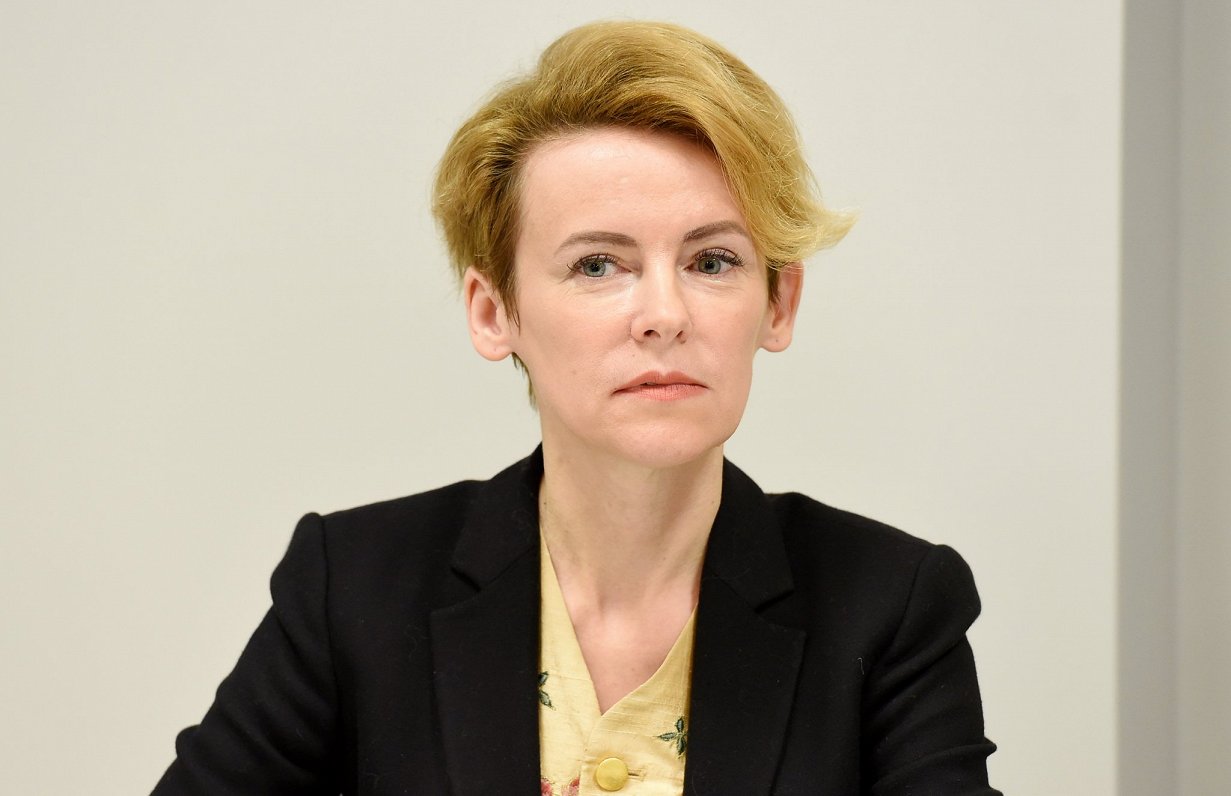It is very rare that the European Court of Human Rights decides on temporary measures. It happens in cases where there are concerns that there may be significant damage to human health that cannot be reversed.
This is why the Strasbourg-based court imposed an obligation on the Latvian government to provide 41 Iraqi citizens of Kurdish origin on the border with Belarus with water, food, clothing, medical treatment, and, if possible, temporary accommodation. The Polish government, meanwhile, is tasked with supplying the same amenities to 32 Afghans who are stuck on the border with Belarus.
The decision will be in effect for three weeks, until September 15. According to the Latvian representative of the international human rights institutions, Kristīne Līce, the government has to answer a number of questions raised by the court in the coming days.
“We have not yet received the complaint itself from the court. Instead, the court has ordered us to provide answers to a number of questions by September 6, both regarding the legal status of the territory where the persons are located and the information available to other Latvian authorities. Whether the complaint will subsequently be sent to the Latvian Government for comment will be decided by the Human Rights Court. Whether and when it happens, is up to the court,” said Līce.
According to the Ministry of Foreign Affairs, the Latvian authorities are already providing water, food, and medical care in line with humanitarian principles, and will continue to do so in accordance with the Human Rights Court's decision. The Ministry also recalled that these migrants had arrived on the Latvian border due to the illegal activities of the Lukashenko regime. Consequently, the international community should continue to exert pressure on the authorities in Minsk.
Interior Minister Marija Golubeva said on Twitter that the State Border Guard, in cooperation with non-governmental organizations, provided migrants trapped on the border with basic assistance. The minister added that the situation is tense as the number of illegal border crossings starts to rise again.
Latvija jau tagad darbojas atbilstoši vakardienas ECT piedāvātajam pagaidu noregulējumam: sadarbībā ar NVO Valsts robežsardze sniedz nepieciešamo pārtiku, apģērbu, medicīnisko palīdzību Baltkrievijas teritorijā uz robežas nonākušajiem.
— Marija Golubeva (@MGolubeva_LV) August 26, 2021
The human rights court said in its statement that countries have the right to control the arrival and residence of foreigners in their territory and to expel them. Therefore, this decision does not impose an obligation on Latvia or Poland to allow people trapped on the border into their territory.
It should be noted that Belarus is one of the few European countries that have not signed the European Convention on Human Rights. It is therefore essentially impossible for the court to impose any obligations on Minsk.




























